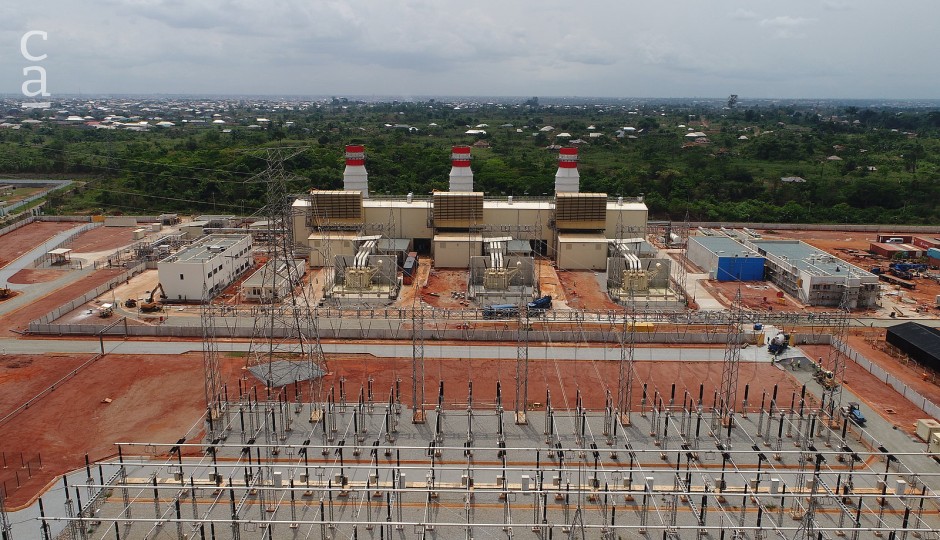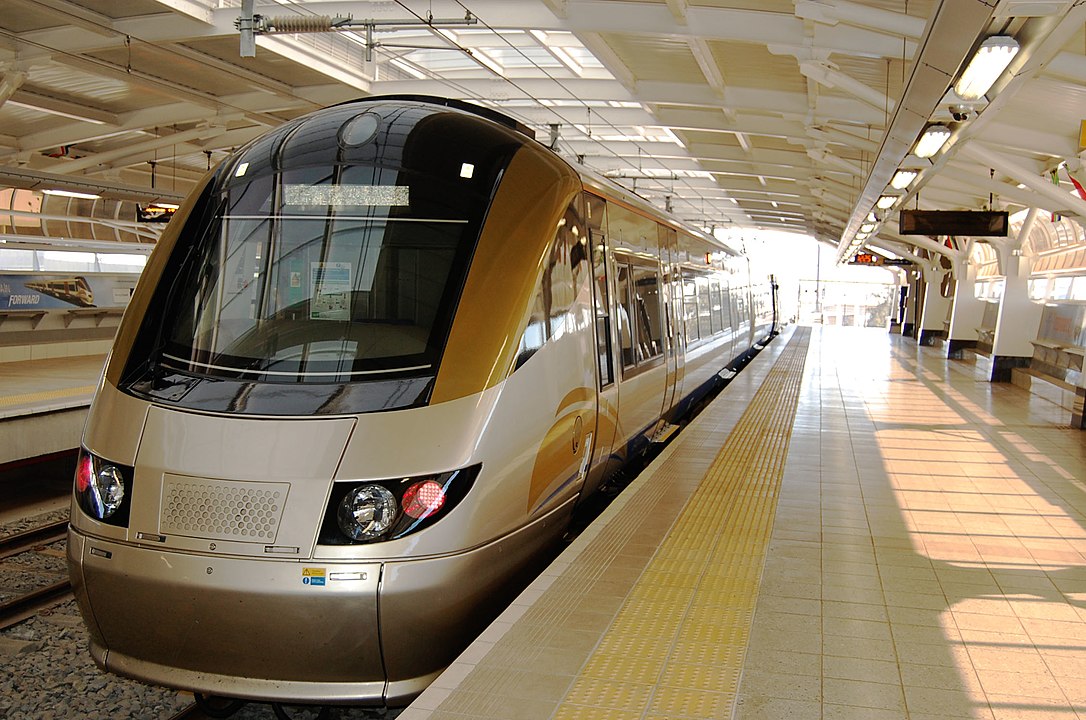The Imperative of Public-Private Partnerships for Africa’s Infrastructure Needs
Africa’s infrastructure development journey is intricately linked with the successful adoption of PPPs.

Public-Private Partnerships (PPPs) are gaining traction across Africa, largely due to the fiscal limitations of many governments and the inadequacy of traditional funding models to meet the continent’s vast infrastructure demands. With dwindling public resources and insufficient innovation in revenue generation, PPPs provide a viable alternative to bridge the infrastructure financing gap. However, it is important to emphasise that not all projects are suitable for PPP. Careful screening and the development of a robust project pipeline are essential to ensure investor confidence and sustainable outcomes.
PPPs can play a transformative role in unlocking Africa’s latent potential. For instance, the continent is rich in mineral resources such as lithium and cobalt, gold, diamond and crude oil, which are in high global demand. However, to effectively harness these resources, Africa needs to invest in large-scale infrastructure processing plants, power generation facilities, and transportation networks. PPPs offer a means to deliver these critical assets efficiently and innovatively.
Challenges Hindering PPP Adoption in Africa
Despite their potential, several barriers continue to limit the widespread adoption of PPPs in Africa. This includes Limited PPP expertise and skills gaps among professionals, resistance to change from traditional procurement methods, public scepticism, often fueled by the failure of past PPP projects, the misconception that infrastructure provision is solely a government responsibility and inadequate advocacy to communicate the benefits and value of PPPs.
To address these challenges, Africa must prioritise the training of professionals interested in PPPs and encourage structured knowledge transfer from experienced practitioners. Beyond that, continuous advocacy, both within government institutions and to the public, is crucial. African nations must also develop bespoke PPP frameworks tailored to local socio-economic contexts. While global case studies from Europe or America offer valuable insights, Africa’s PPP ecosystem must be designed by Africans, for Africans.

Sectoral Opportunities for PPPs
PPPs hold promise in addressing Africa’s housing deficit, including the widely reported shortage of over 28 million housing units in Nigeria. Similarly, student accommodation remains a critical issue, especially in tertiary institutions. These are areas where PPPs can provide sustainable, commercially viable, and socially acceptable solutions.
Moreover, PPPs foster innovation and efficiency in infrastructure development, attributes often lacking in traditional public sector-led projects due to bureaucracy. By attracting foreign direct investment, PPPs can stimulate economic growth while embedding sustainability principles, ensuring waste reduction, resource optimisation, and long-term social impact.
Strategic Adoption and Pilot Projects
To ease into PPP implementation, African governments should begin with low-risk, high-impact pilot projects such as the construction and maintenance of short road networks, the development of university hostels, the establishment of primary healthcare centres, small-scale power generation and distribution projects.
These projects can serve as learning platforms to build capacity, strengthen institutional frameworks, and improve public trust in PPPs.
The Way Forward
Africa’s infrastructure development journey is intricately linked with the successful adoption of PPPs. However, it is not enough to simply execute projects under the PPP model. Stakeholders must commit to promoting sustainability in PPPs by adopting models that are economically viable, environmentally sound, and socially inclusive.
To unlock the full potential of PPPs, deliberate efforts must be made by all stakeholders - governments, private sector players, multilateral institutions, academia, and civil society - to build the capacity of local experts through training, research, and exposure to real-world PPP experiences.
Africa must own its PPP journey - building frameworks, institutions, and competencies that reflect its realities and aspirations. The continent’s future depends on it.

Top Photo: The Azura-Edo Independent Power Plant, a 461MW Open Cycle Gas Turbine power station, is a landmark PPP project in Nigeria. The project is expected to provide electricity to 14 million residential consumers. (Photo source: julius-berger.com)

